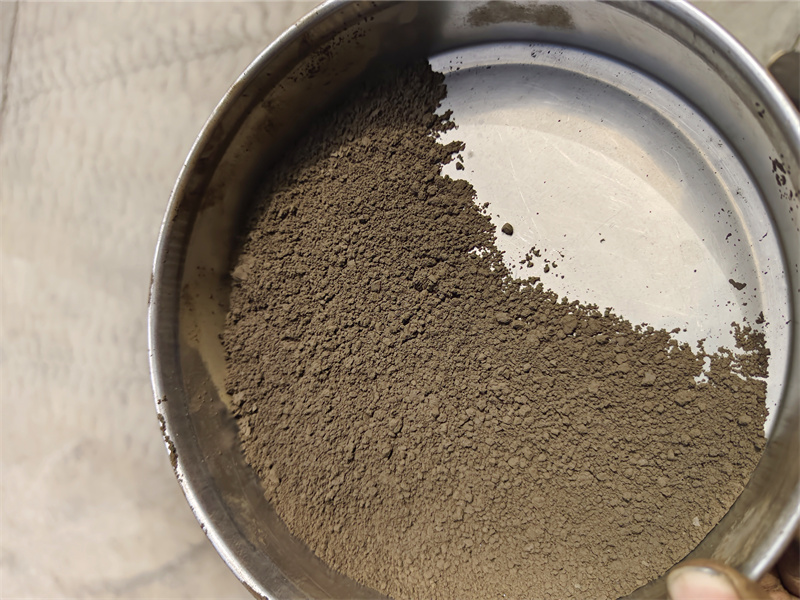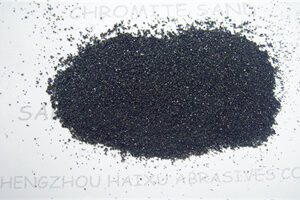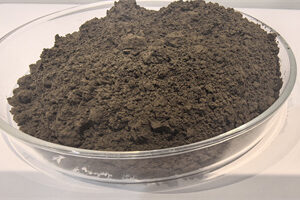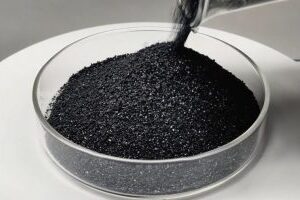Application of chrome flour in the field of ink pigments

The application of chrome flour in the field of ink pigments is mainly reflected in the following aspects:
1. Core performance advantages
Heat resistance and chemical stability
Chrome flour (mainly composed of Cr₂O₃, FeO, MgO) has high temperature stability and chemical corrosion resistance, can withstand the high temperature environment and acid-base medium during the printing process, and ensure that the ink color lasts and does not fade.
High hiding power and color rendering effect
Its natural black or dark brown color and finely ground particle characteristics give the ink high hiding power, making the printed color more vivid and full, especially suitable for dark ink formulas.
Environmental protection characteristics
As a natural mineral material, it is more in line with environmental protection standards than synthetic pigments, and can reduce the environmental burden of ink production.
2. Processing technology and specification requirements
Ultrafine grinding technology
Ink pigments need to use ultrafine chromite powder above 2000 mesh to ensure uniform dispersion of pigments and improve coloring uniformity. Ingredient Control
Ink-grade chrome flour usually requires a Cr₂O₃ content of 44-50% to ensure chemical stability and color rendering performance.
3. Specific Application Scenarios
Printing Ink Colorant
Directly used as a colorant for black or dark inks, suitable for packaging printing, decorative printing and other fields.
Special Ink Additives
Used in high-temperature resistant label printing, chemical equipment identification and other scenarios, using its heat and corrosion resistance to extend the service life of the ink.
4. Industry Comparative Advantages
Compared with chromium oxide green (synthesized artificially), chrome flour has lower costs and does not require complex synthesis processes, while retaining the environmental advantages of natural minerals, becoming an alternative choice for some ink formulations.




















